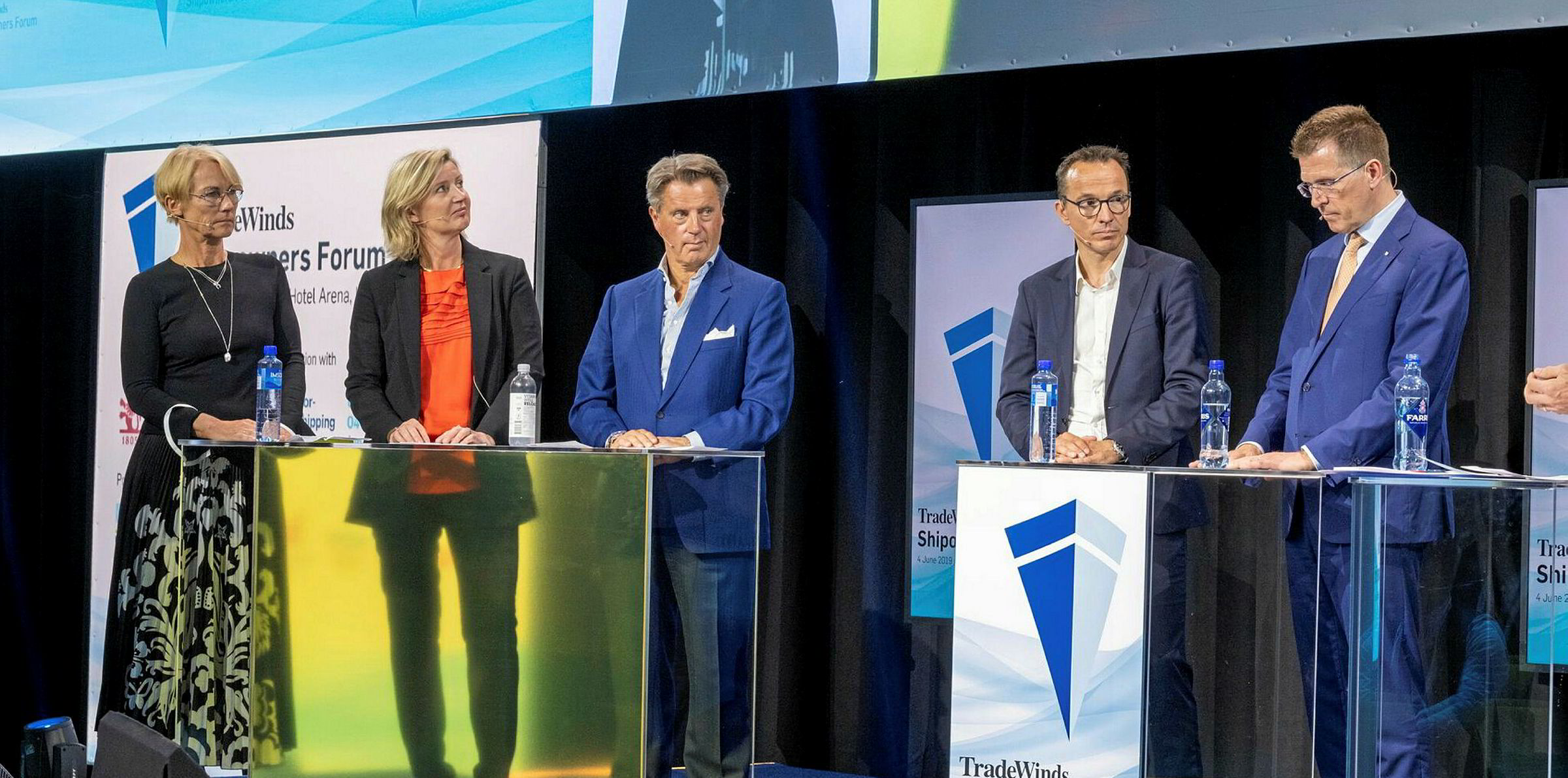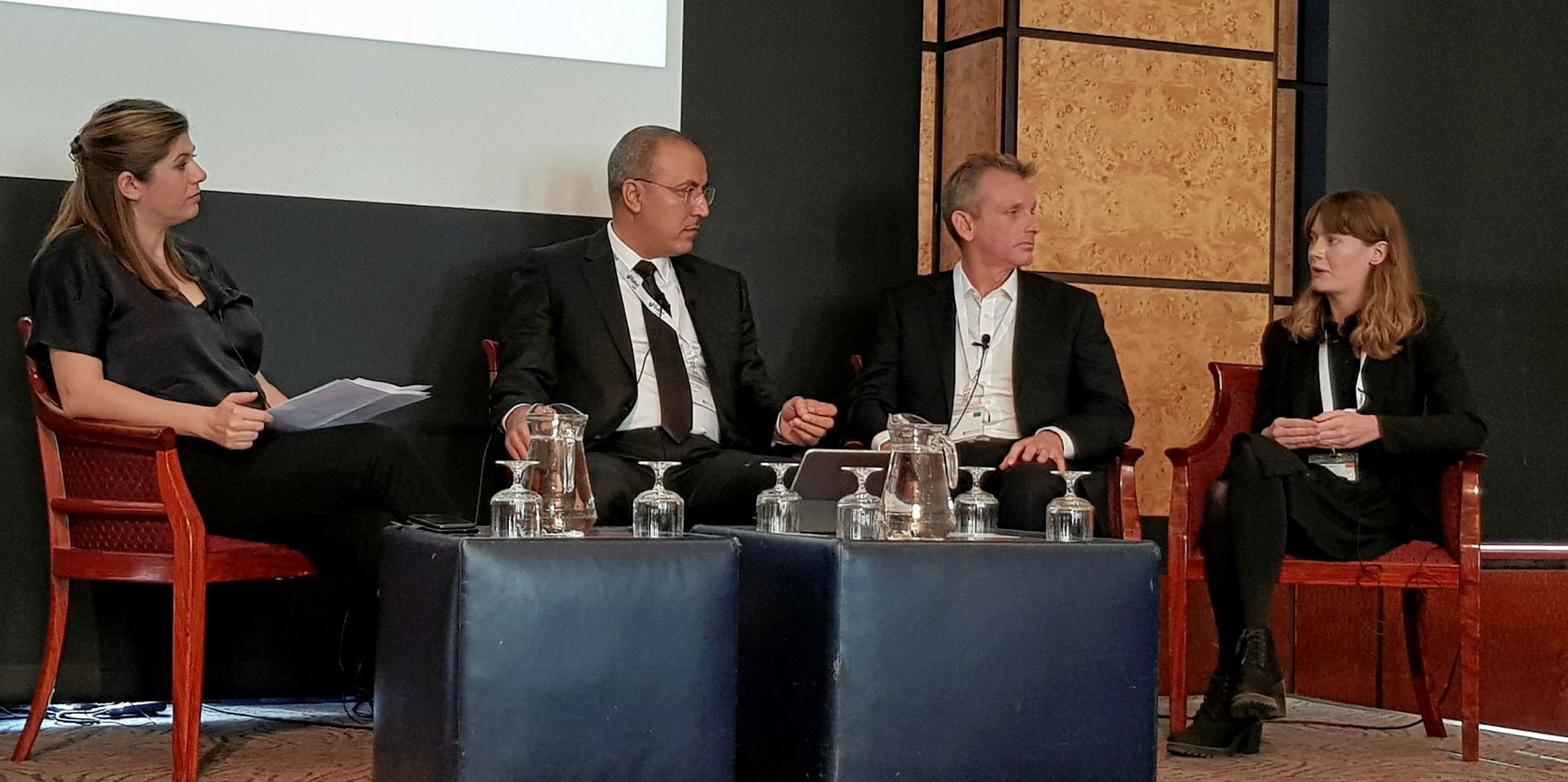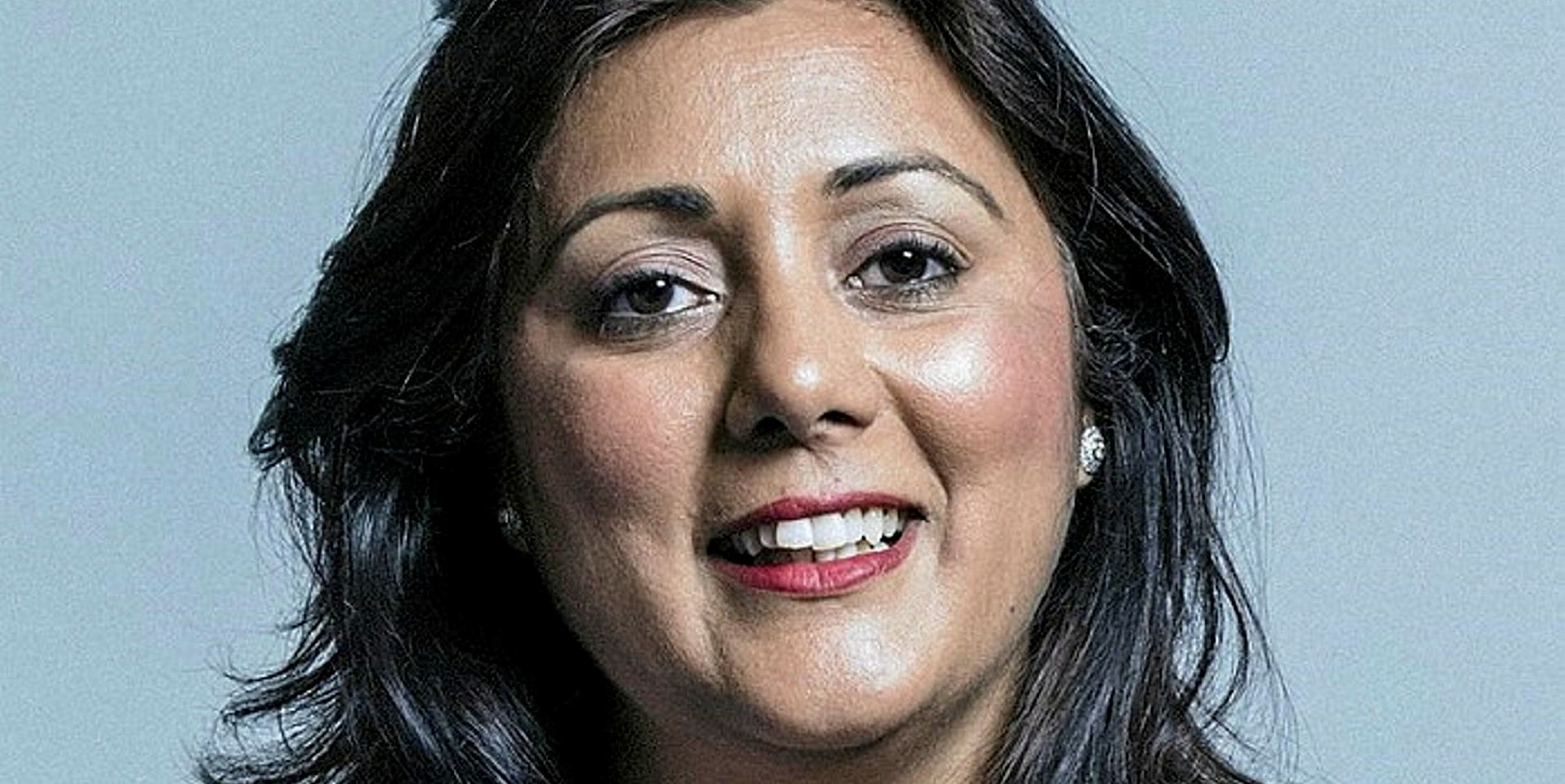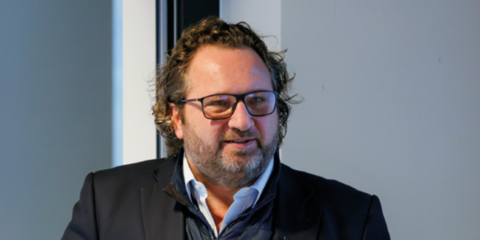Shipping must adapt the way it handles diversity and its environmental responsibilities to meet the expectations of young people if it is to attract the brightest talent, experts told Nor-Shipping today.
"Young people are being very loud and clear about what they expect from their workplace and what they expect in being responsible for developing society," Elisabeth Grieg, co-owner and chair of the Grieg Group and Grieg Star, told the TradeWinds Shipowners' Forum.
"Those are the young people who are going to be the future of the Grieg Group. And we want to have the best.
"I think by developing these standards we are able to attract excellent, good young people for the future."
Being privately owned, the Grieg Group is able to set its own corporate standards, but bigger entities and public companies are following suit, Grieg said.
"Paul Polman, the ex-CEO of Unilever, he said: 'If you're not here to contribute to society, why are you here?'" she told the conference.
"I think what you see are these big listed companies around the world, they are really taking a stand and it's different from just a couple of years ago — and I think they will be the winners.
"So I think unless we do this, we won't be around for the next generation."
Advice for women in shipping
“I think what is really important is creating a culture where people can be themselves and focus on being their best — and that includes gender diversity as well,” Cargill Ocean Transportation president Jan Dieleman said.
"I hear a lot of people asking what advice you have for females to progress. I think it's not up to the females; it's up to the organisations. I always say: be the company who takes it seriously."
Yngvil Asheim, BW LNG's managing director, advised young women wishing to get ahead in shipping.
"You definitely need to select a boss, more than you need to select a company," she said.
"You need to find someone who believes in you and then you need to manage people's expectations around you."
Asheim added that young women are subject to a multitude of expectations, such as when to start a family.
“Find a partner, work out how you’re going to live your life — don’t listen to all these other expectations around there — don’t think you can have everything, you have to prioritise,” she said, before adding (facetiously) “and then I think you can be a shipbroker!”
The diversity challenge
But the panel acknowledged that recruiting women for shipping roles can be challenging.
Peter Anker, a senior advisor for broking and investment banking at Clarksons Platou, said his company finds it much easier to get women into corporate finance and investment banking roles than shipbroking.
"We have a few female shipbrokers but it seems that on average they are less attracted into dry cargo chartering or tanker chartering brokers," he said.
"Maybe they are just more clever than us and they understand that there are other ways of spending your life."
Hoegh Autoliners tries to have as many female candidates for positions as males, according to its chief executive, Ivar Myklebust.
Around 40% of the car carrier giant’s employees worldwide are female, although Myklebust conceded that this figure is skewed by the large number of women working in back-office roles in the Philippines.
The company offers paid maternity and paternity leave at all of its offices worldwide, which Myklebust said is “a big factor in attracting young people and making them want to stay on in their career”.
Cargill has been able to mine a much more diverse pool of talent by looking for candidates from both shipping and its adjacent industries who have cross-transferable qualities, such as communicating well and being able to learn quickly — rather than simply looking for candidates with at least 20 years of shipping experience, Dieleman said.
Click here to keep up to date with TradeWinds' coverage of Nor-Shipping 2019.(Copyright)






